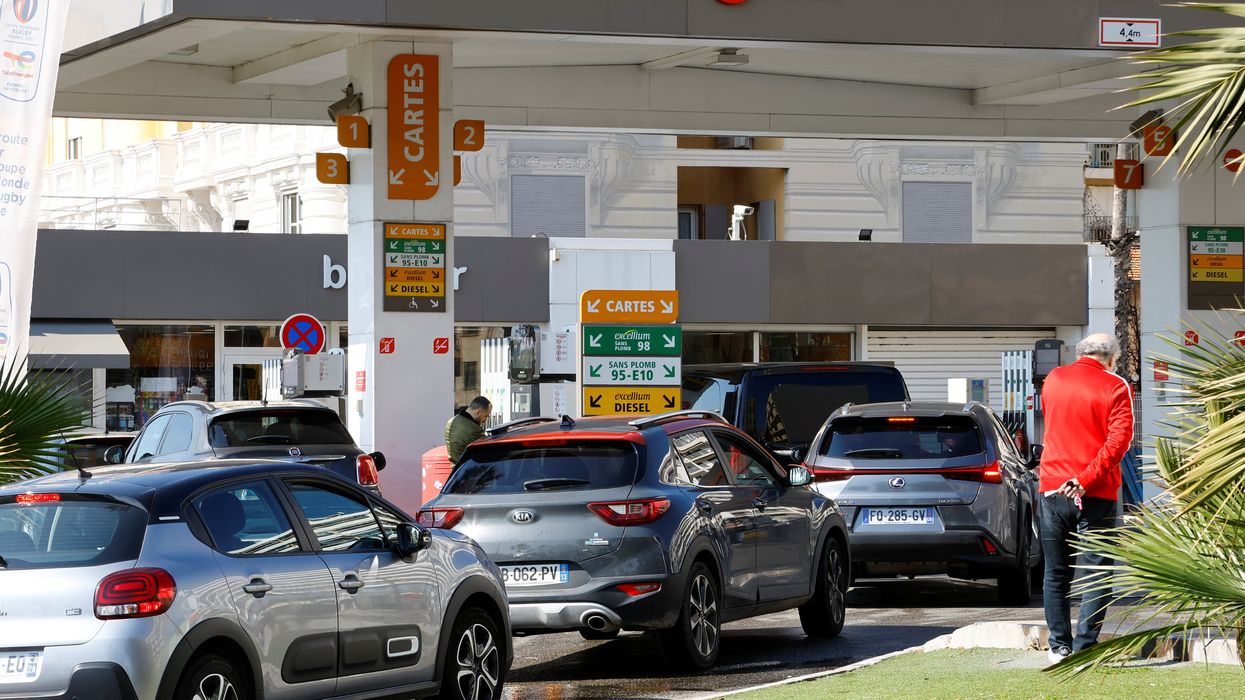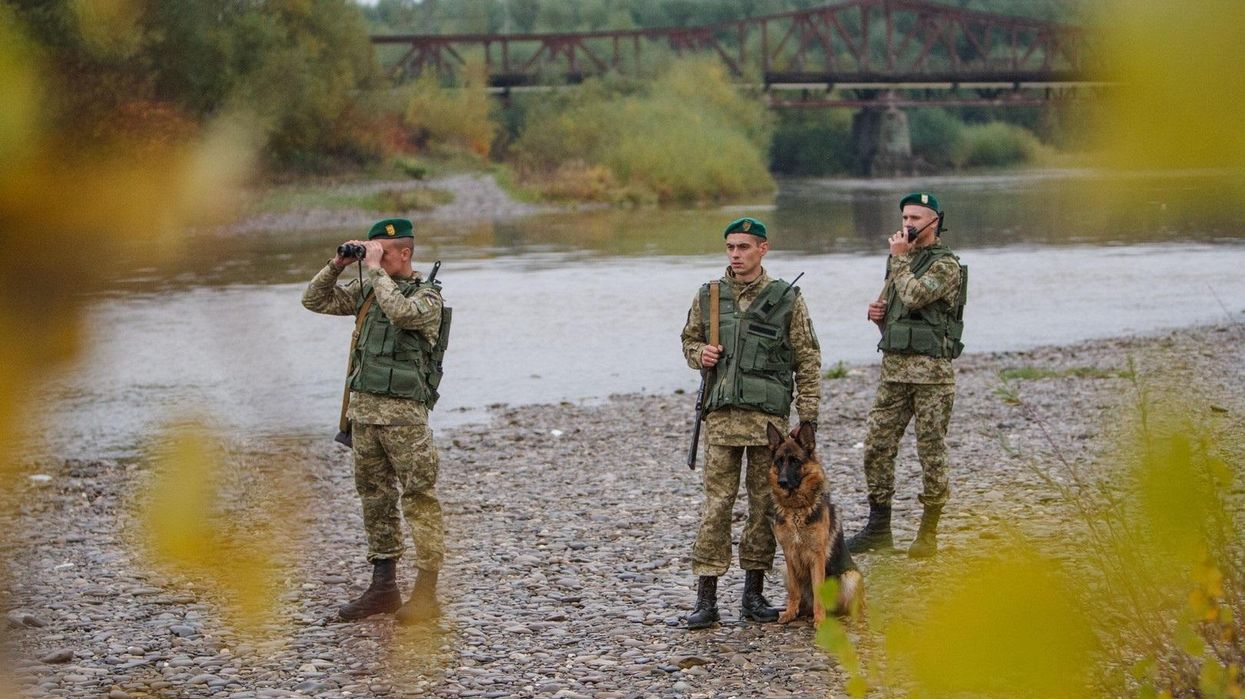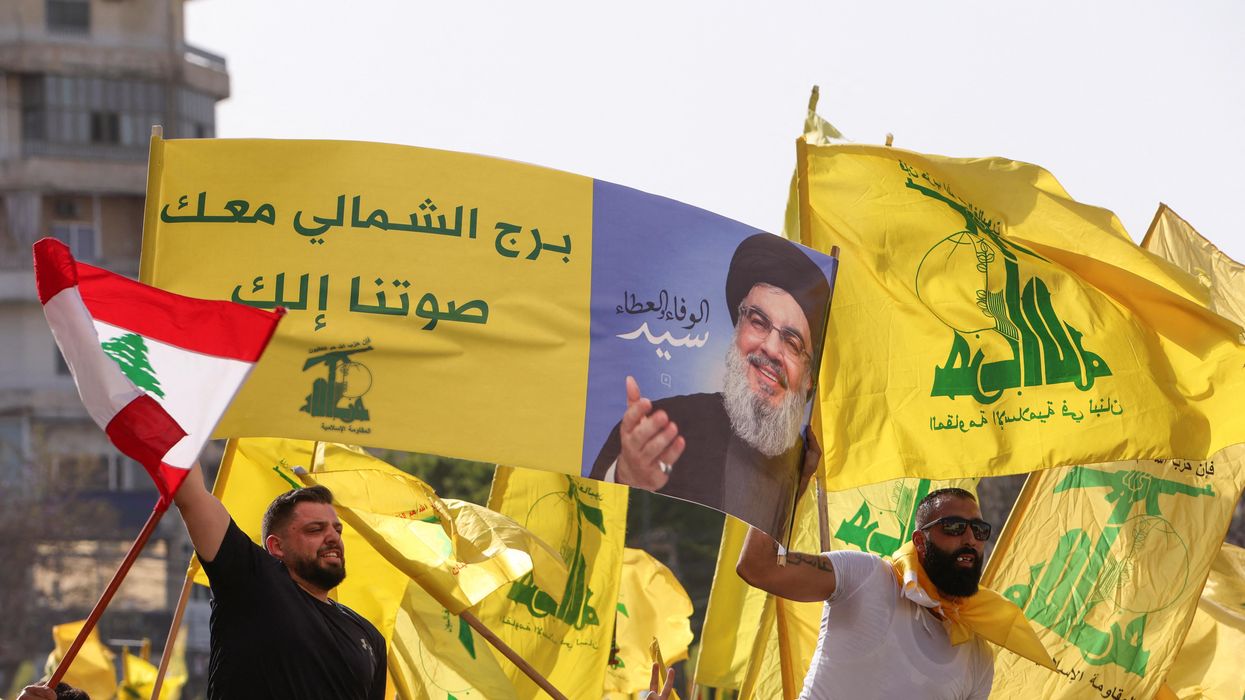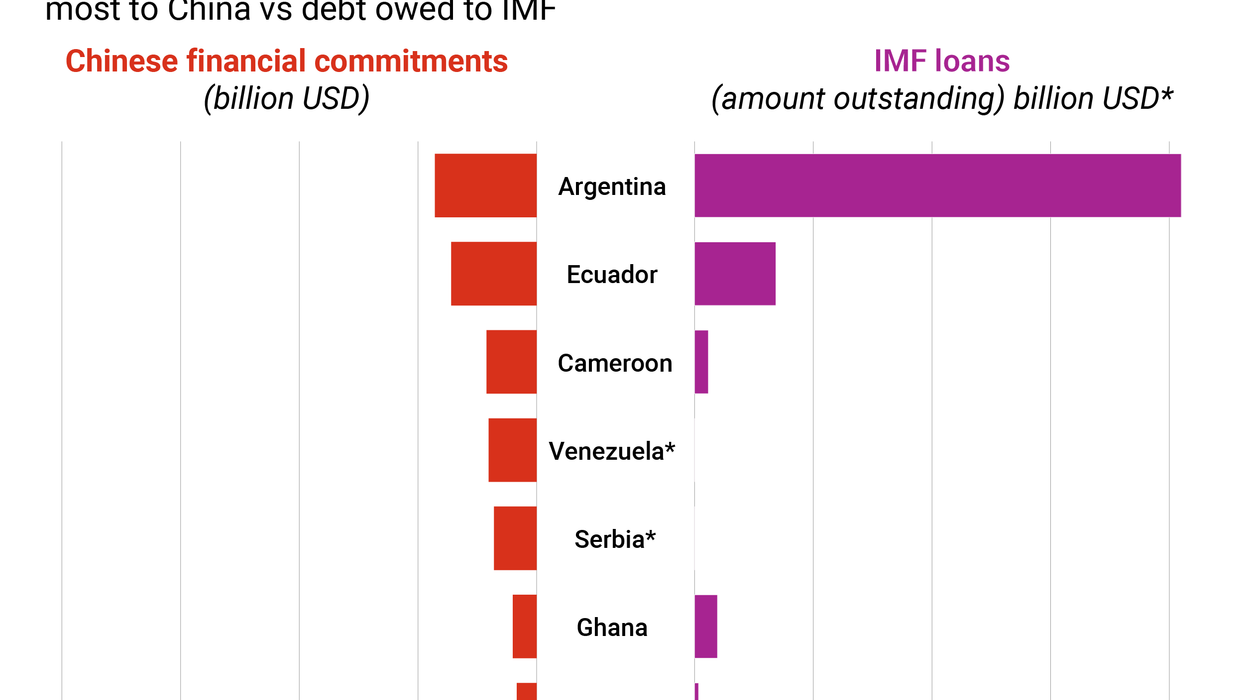Europe
Hard Numbers: French oil refinery blockades, China’s mRNA milestone, Moscow comes to Bali, IMF tweaks rules for Ukraine, TikTok hearing
As French protesters continue to strike and block oil refineries in response to the government’s recently passed pension reform, 13% of petrol stations around the country are running short on gas.
Mar 22, 2023




